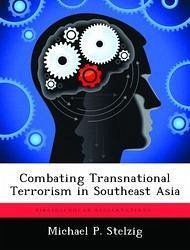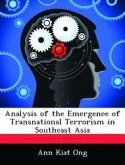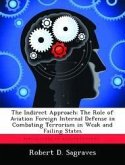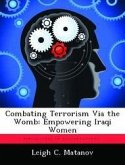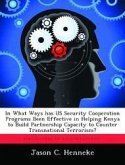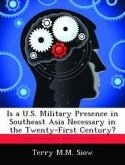This Thesis examines the Bush 2002 National Security Strategy (NSS) as it applies to combating terrorism in Southeast Asia. This methodology uses a modified problem solving template to determine the current and evolving nature of the threat in the region. Next it analyzes the application of the Bush 2002 NSS by the four traditional instruments of power: diplomatic, information, military and economic. Further it analyzes the impact of nontraditional instruments of power such as law enforcement, intelligence, financial and education. The results are applied to two case studies. The conclusion of this study is that the Bush 2002 NSS is effective for combating current and planned transnational terrorist operations in Southeast Asia. The NSS, however, does not go far enough to remove the underlying conditions that will prevent the next generation from becoming transnational terrorists. Recommendations to remove the underlying conditions are proposed. The result is a long-term approach that will defeat transnational terrorism in Southeast Asia.
Hinweis: Dieser Artikel kann nur an eine deutsche Lieferadresse ausgeliefert werden.
Hinweis: Dieser Artikel kann nur an eine deutsche Lieferadresse ausgeliefert werden.

